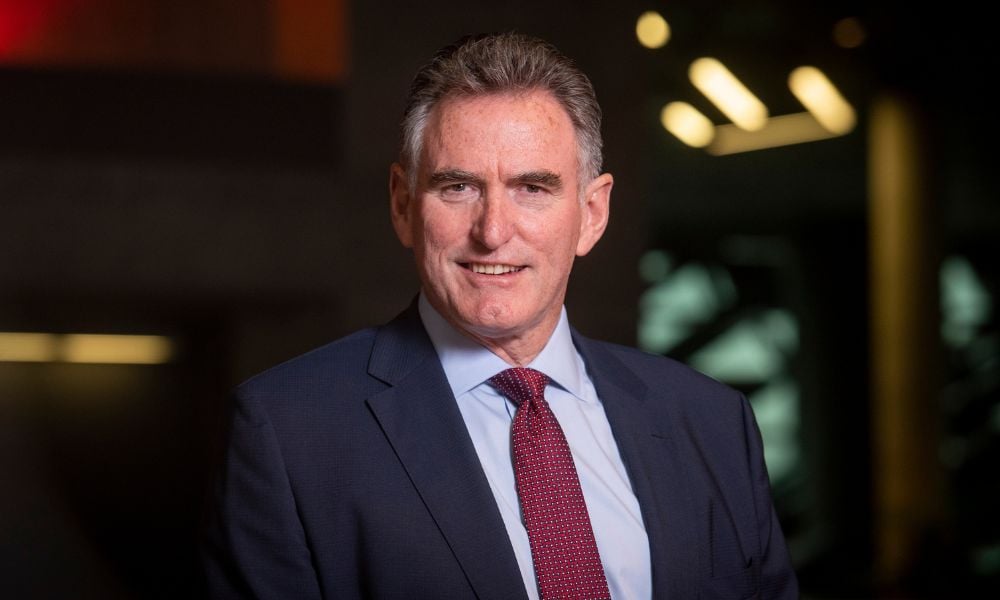CEO addresses the House of Representatives economics committee

NAB CEO Ross McEwan (pictured above) has told Parliament that Australia remained well placed to deal with the rapid interest rate hikes and increased cost of living, but that the number of Australians in financial stress is growing.
NAB and the three other big banks, CBA, Westpac, and ANZ, appeared before the House of Representatives Standing Committee on Economics, to cover the inquiry into competition.
Daniel Mulino, committee chair, said the public hearings, held from July 12 to 13, put a spotlight on the Big Four as it was crucial that they are resilient and competitive, given that they control some 80% of the market.
The hearings, Mulino said, also examined the measures the banks have taken to protect their institutions and customers, in a year that has been characterised by rising interest rates, bank closures, and increasingly sophisticated scams.
In NAB’s opening statement, McEwan said that despite a slowing economy, Australia “will still have growth and many businesses are still ambitious.” He also pointed to low unemployment, the strong demand for the nation’s natural resources, and returning migration as bright spots in an otherwise challenging environment.
“But we know it feels hard, and is hard, for many Australians,” he said. “NAB’s wellbeing survey shows financial stress is growing, with one in four feeling worse off financially than just a year ago. Despite this, our customers are proving resilient. They are adapting and making considered changes to where they spend. Our research shows Australians are saving by re-prioritising their spending.”
Since interest rates started rising in May 2022, NAB has reached out to more than half a million customers to see how they’re doing.
“This includes 8,600 home loan customers who we thought were most at risk, but after checking in with them, surprisingly only 14 wanted immediate help,” McEwan said. “The number of customers in hardship, while growing, remains below pre-COVID levels.”
NAB’s community partners Good Shepherd, the Salvation Army, and Financial Counselling Australia have also reported seeing “newly vulnerable” cohorts.
“We expect more pressure to come on households in the form of one or two more moves by the Reserve Bank of Australia to tackle persistent inflation,” McEwan said. “It is my view that the sooner we get to the top of this cycle the better, because while it hurts, it is the uncertainty that is harder to manage through. Certainty will help people trying to budget for what’s ahead.”
Use the comment section below to tell us how you felt about this.



